“True to tradition, Viktor Orban’s speech addressed global political dynamics, yet he once again managed to synthesize government-level strategic thinking into clear policy decisions and their rationale,” Erik Toth said, reflecting on the prime minister’s Tusvanyos speech on Saturday. He emphasized that Orban's warning about the potential outbreak of a third world war, and his corresponding national strategic vision, were the most significant elements of the address.
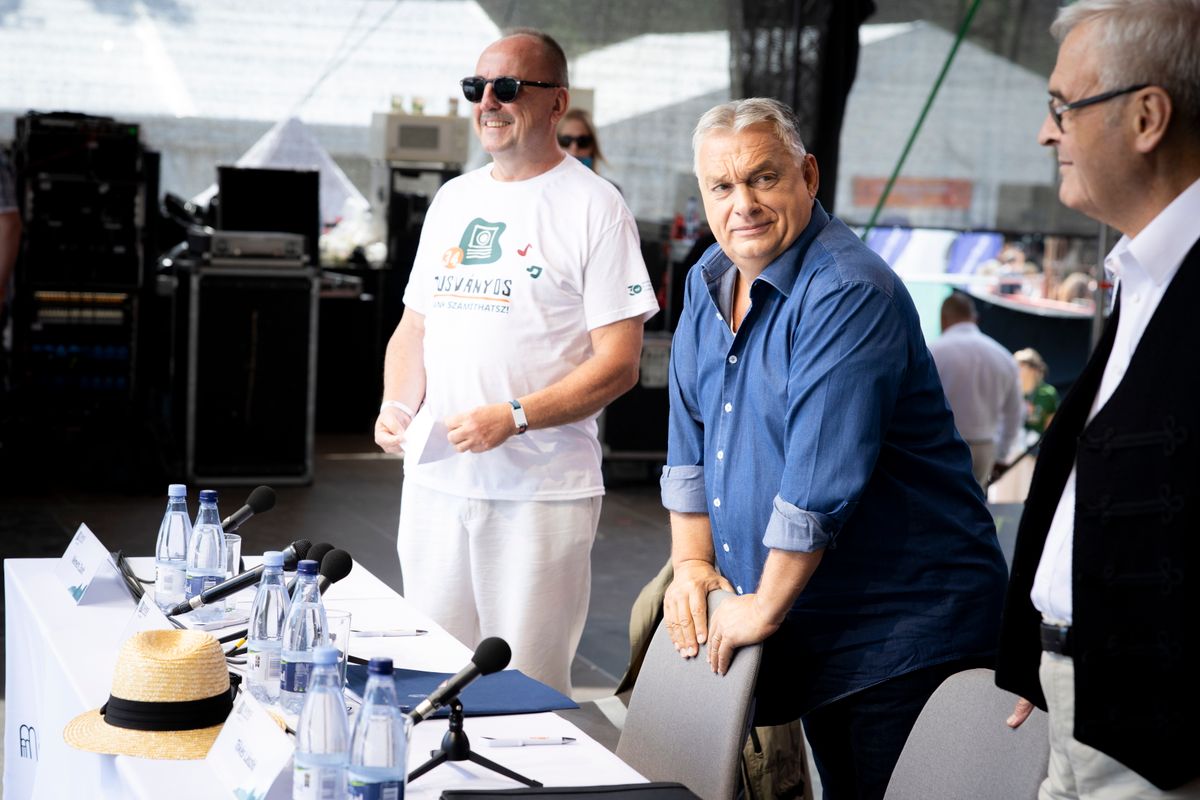
The prime minister underscored the importance of maintaining strategic calm and keeping Hungary out of military conflict. He laid out both short- and long-term political goals: in the short term, he confidently set his sights on winning next year’s parliamentary elections - a goal supported by the development of Digital Civic Circles (DPK).
As for long-term objectives, the PM defined the fulfillment of a Hungarian grand strategy: defending national sovereignty, rejecting war, maintaining balanced relations with global powers, avoiding geopolitical bloc formation, and rejecting federalist European integration efforts,
the expert listed.
Toth highlighted that Orban spoke for something, not against something — articulating national principles that the majority of voters tend to support regardless of political affiliation. He also stressed that the PM clearly defined what is at stake in the upcoming election:
Hungary will either have a compliant government that treats national self-determination as a secondary value — consequently one that supports war, Ukraine’s fast-tracked EU accession, the migration pact and gender ideology — or a government that protects Hungarian interests and rejects all of the above,
the analyst explained.
Peter Magyar in Decline
Regarding Peter Magyar’s speech in Szekesfehervar that same weekend, Toth stated that the Tisza Party has entered a period of decline in recent weeks and months.
With his ‘anti-Tusvanyos’ speech, Magyar tried to pull himself out of a politically unfavorable situation — but failed,” Toth said, listing several recent issues weakening Magyar’s position: "the Tseber affair, seen as interference by Ukrainian intelligence; the Ruszin affair, which symbolizes a betrayal of national sovereignty and peace policy; a nation-wide tour drawing little public interest, and the opportunistic approach for political gain in response to storm damage are all recent incidents that have eroded the standing of Peter Magyar and his Tisza Party,
the analyst recalled.
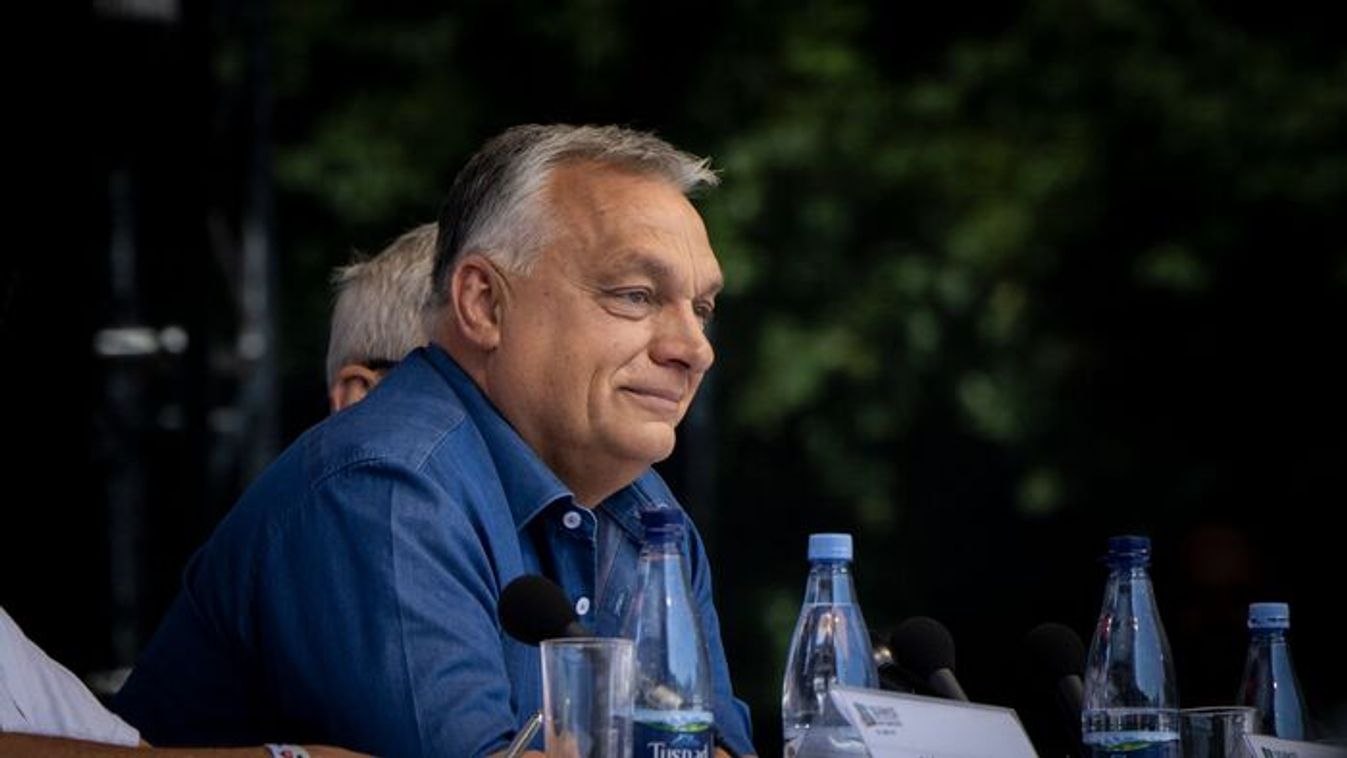
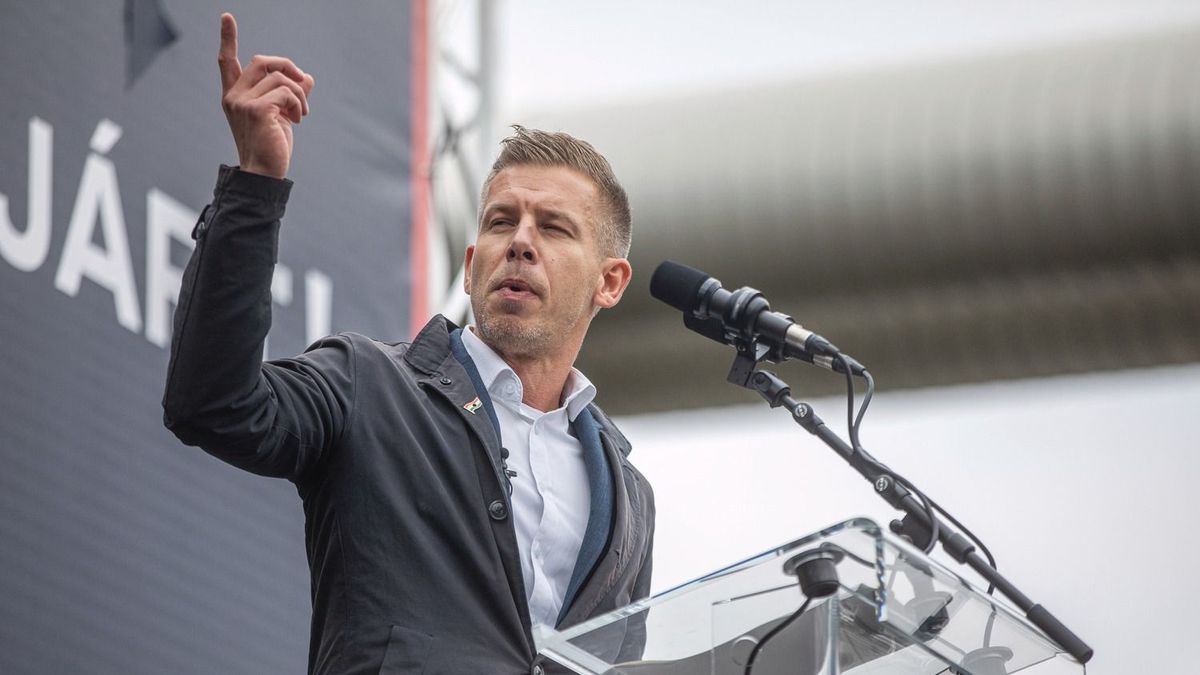
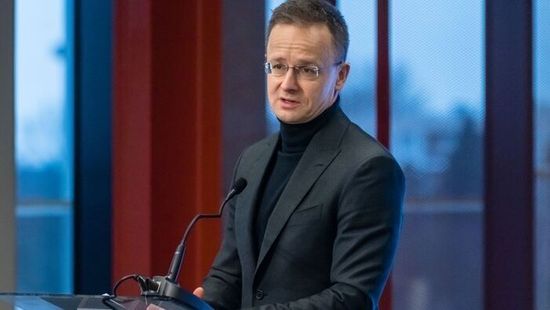
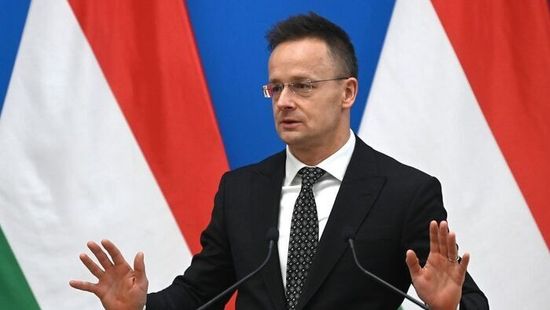
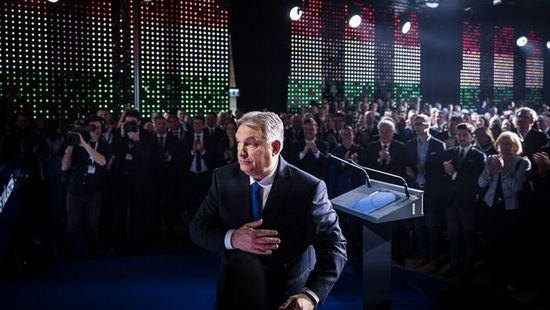
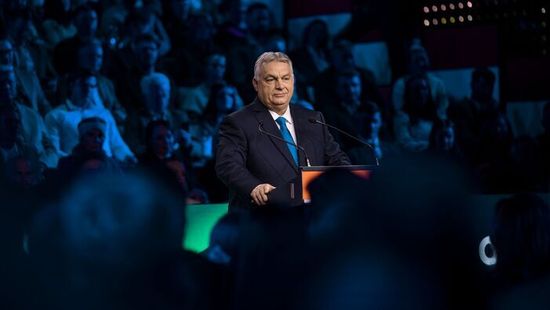

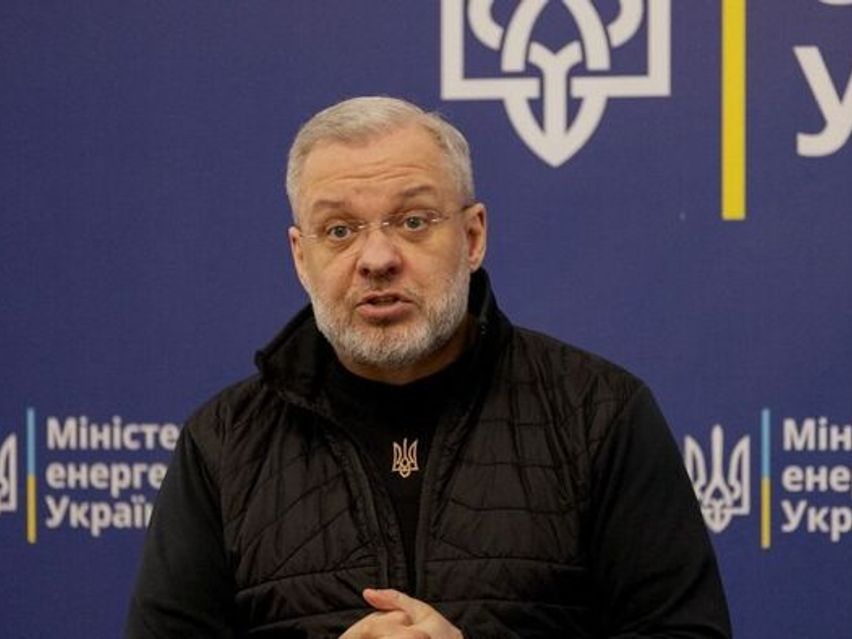


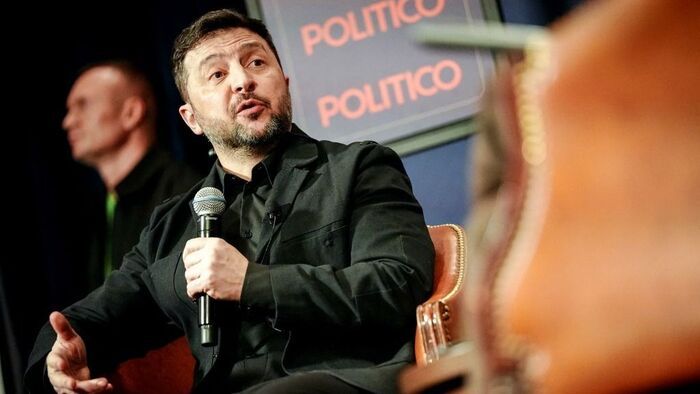


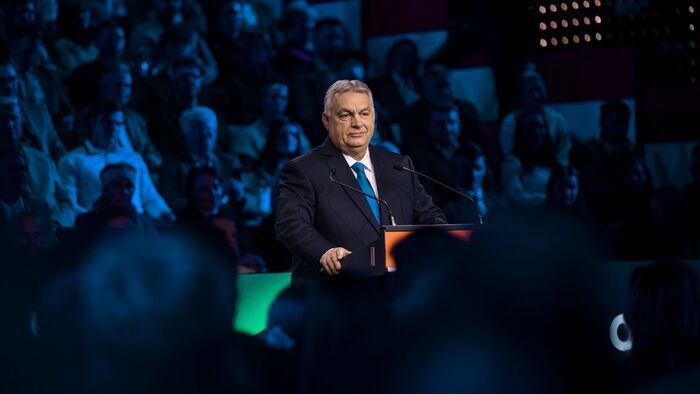
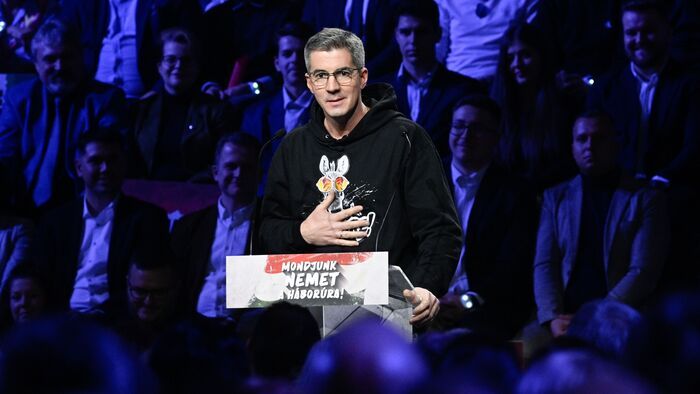



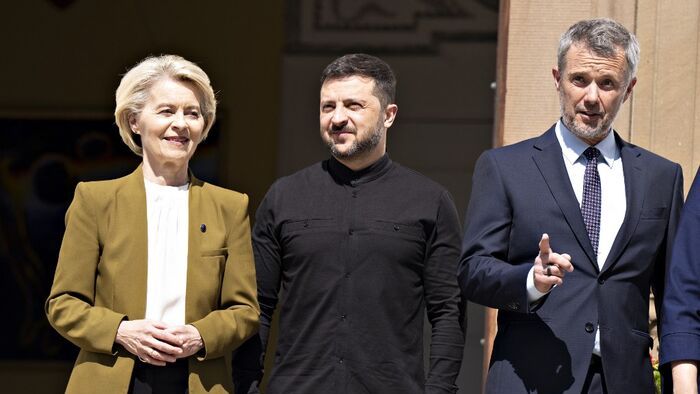


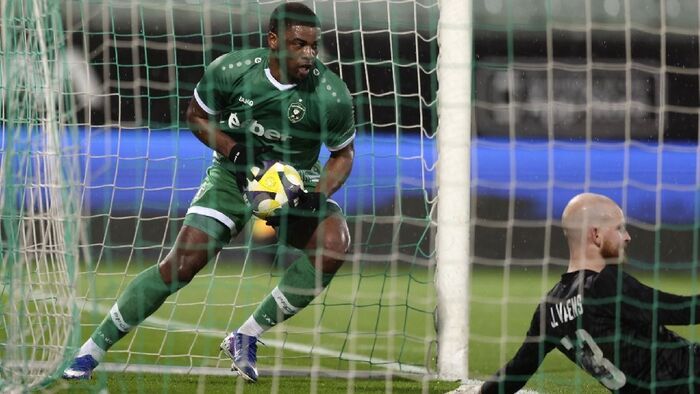
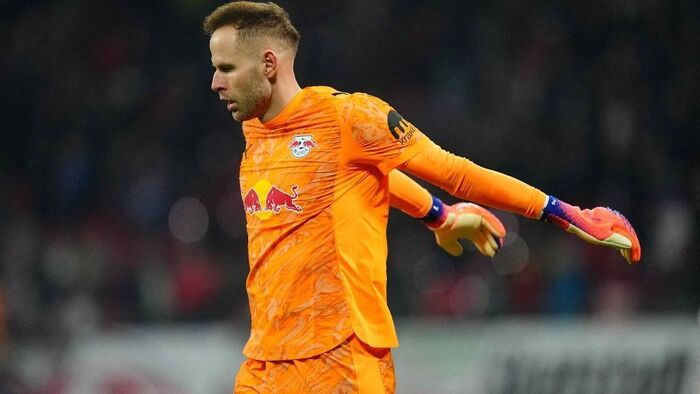

Szóljon hozzá!
Jelenleg csak a hozzászólások egy kis részét látja. Hozzászóláshoz és a további kommentek megtekintéséhez lépjen be, vagy regisztráljon!